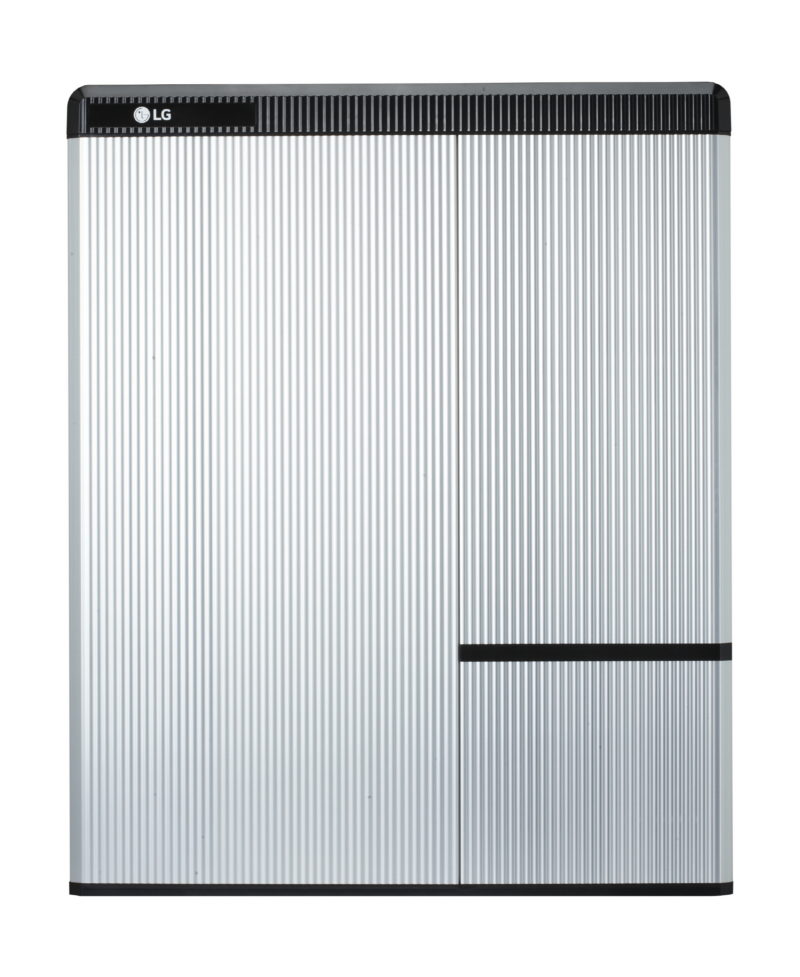
As the price of the supply-crunched Tesla Powerwall 2 goes up, and up, LG Energy Solution has made some significant cuts to the Australian prices of its RESU home battery range, that stand to save consumers close to $A1000 in some cases.
The newly spun-off and rebranded battery arm of Korean giant LG Chem told One Step this week that wholesale prices across the RESU range had been reduced by $400 for the RESU6.5, $691 for the RESU10, and $883 for the RESU13.
“Volume-weighted, it is an [average wholesale price] drop of 11.2 per cent and $618 across the range,” said LG Energy Solution Australia’s general manager of residential ESS, Philip Crotty.
For the consumer, the average cost reduction will look more like $930, Crotty added, and should bring the cost of the RESU13, which is comparable in storage capacity to the 13.5kWh Powerwall 2, to below $8,000 before subsidies, not including installation.
LG Energy Solution said that pricing for the battery range in Australia had traditionally been US-dollar-based, but the company had de-coupled it in March 2020 and fixed it for six months to provide some price stability to the local market during Covid.
Then, in January of this year, the company had dropped the US-dollar price of the batteries and adjusted the foreign currency conversion to reflect the strengthening Australian dollar.
LG says it is hoping the price cuts will help drive uptake of the RESU line ahead of the company’s upcoming Gen3 release, which Crotty says will also be competitively priced.
As One Step has reported, LG’s third take on its lithium-ion RESU Home batteries, including the new look RESU10H Prime and a “world’s largest capacity residential” energy storage system, the RESU16H Prime, is expected to arrive in Australia around March of 2021 – earlier for the 16H.
Late last year, a selection of models from the company’s previous RESU10H generation were recalled in the US, due to concerns around fire safety. A voluntary recall was then extended to Australia.

Sophie is editor of One Step Off The Grid and editor of its sister site, Renew Economy. Sophie has been writing about clean energy for more than a decade.

